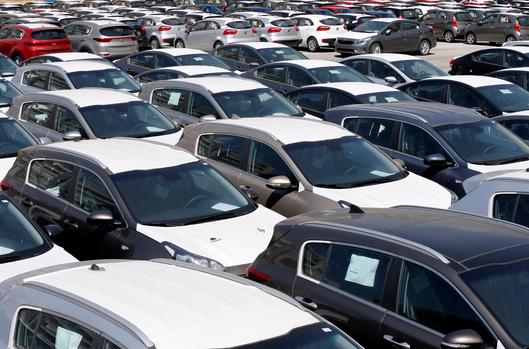Hong Kong just set another property-price record.

Photo via @busrep
https://sg.news.yahoo.com/prized-hong-kong-parking-space-sold-record-664-104700211.html
1) In what ways are proper nouns used as evidence in this story? What might convince someone that this was purchased for investment and not personal use?
2) In what ways might an American's view on this story be different than a Chinese person? Why might an American 16 year old think about this differently than a 12 year old?
3) In what ways is this connected to the last book you read? To what degree is this connected to your last experience at a store?
4) How might this story have been different if it were written 20 years ago? In what ways would this change if the buyer was not a native of Hong Kong?
5) What are the most significant numbers in the article? What are some basic assumptions about parking?
Extension Activities:
1) Students can research the most expensive cities in the world based on a variety of characteristics (etc. GDP per capita, housing, food) and identify primary reasons for the economic conditions.
2) Students can research and propose alternative parking plans for their school at changing populations.

Photo via @busrep
https://sg.news.yahoo.com/prized-hong-kong-parking-space-sold-record-664-104700211.html
1) In what ways are proper nouns used as evidence in this story? What might convince someone that this was purchased for investment and not personal use?
2) In what ways might an American's view on this story be different than a Chinese person? Why might an American 16 year old think about this differently than a 12 year old?
3) In what ways is this connected to the last book you read? To what degree is this connected to your last experience at a store?
4) How might this story have been different if it were written 20 years ago? In what ways would this change if the buyer was not a native of Hong Kong?
5) What are the most significant numbers in the article? What are some basic assumptions about parking?
Extension Activities:
1) Students can research the most expensive cities in the world based on a variety of characteristics (etc. GDP per capita, housing, food) and identify primary reasons for the economic conditions.
2) Students can research and propose alternative parking plans for their school at changing populations.
